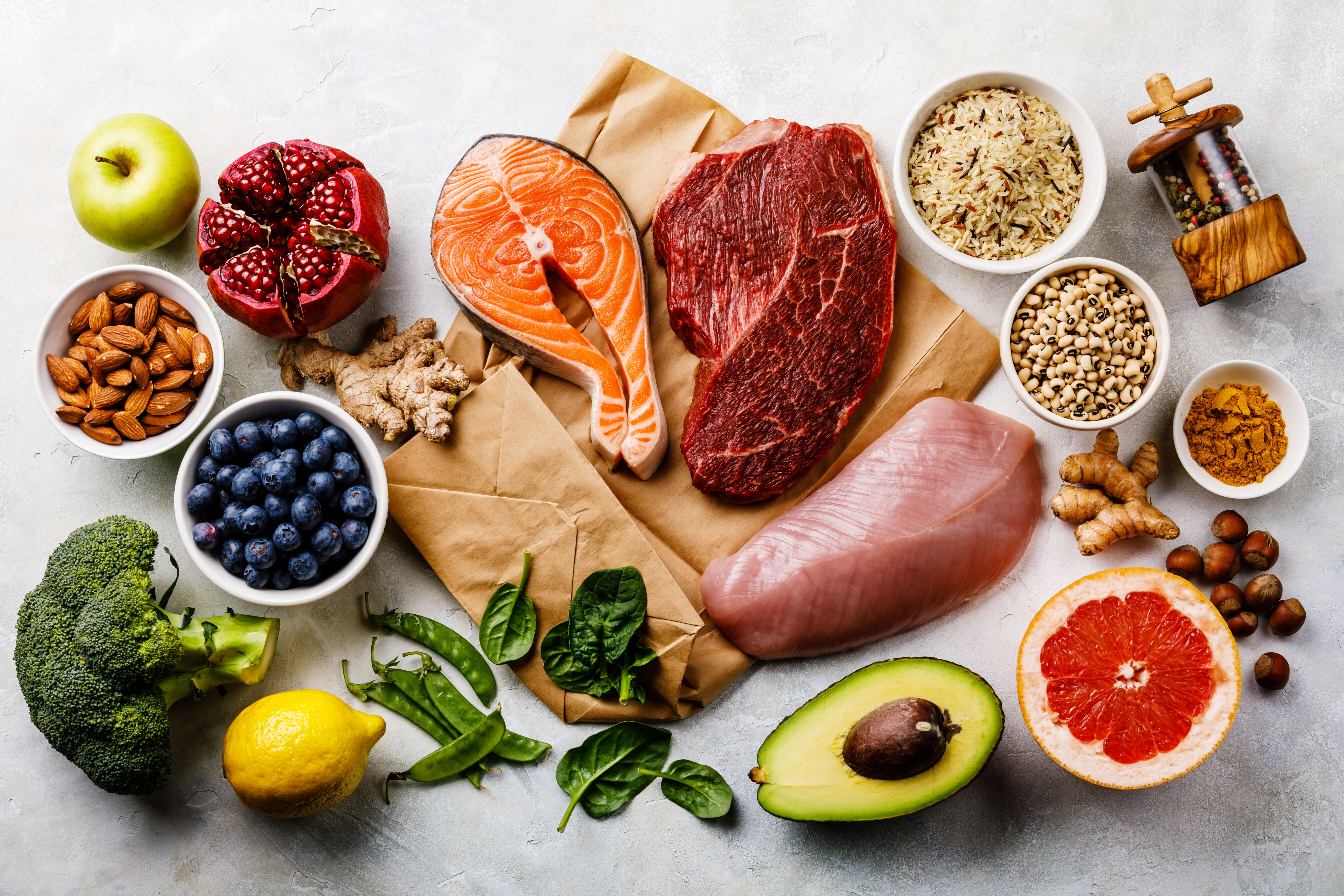Global food challenge offers exciting opportunities for the future of protein
With the growing challenges facing global food supplies, the protein sector has never been more in the spotlight. For Sumit Pingle, VP of Agro & Protein Systems at Alfa Laval, it is an exciting time to be in the industry, full of opportunities – alongside challenges, complexities and a huge sense of responsibility. By 2050, there are set to be 10 billion people in the world – and the need for new sustainable protein sources is absolutely central to the future of the planet, with Alfa Laval at the heart of meeting the challenge alongside our customers.
DATE 2024-10-02“In terms of the future of food, the need for proteins is getting more and more attention – the increasing awareness of providing more food has become synonymous with providing more proteins, and I am certain that will continue as the population grows and demographics change,” says Sumit. “We have a growing number of mouths to feed, but how do we do that considering our current food chains will probably not be able to cope? How far can we take technologies to secure food for a growing population in the face of the current limitations?”
Finding innovative food production technologies to secure the future drives Sumit’s vision and is the core challenge that he and his team are rising to meet for customers, with a number of different areas offering fascinating opportunities.
“There are many interesting things happening here,” says Sumit. “There are the high attention-grabbers like cell cultivation, where you take a stem cell grown in a tank and grow it -- imagine eating a steak without the carbon footprint impact or the need to kill an animal.
“Then there’s the whole fermentation sector, which has a lot of potential and is very thought-provoking. It’s not a new technology, of course – we have enjoyed fermented food for centuries – but applications seem to be limitless as we create new food.”
Sumit is keen to highlight another key area that needs to be addressed in order to ensure future food supply – how we avoid waste.
“Historically, byproducts that we didn’t want to eat had low value purposes like feed and fertilizer or were even thrown out,” he says. “But with the looming food supply challenge, we are compelled to use these byproducts for food.
“So we are looking at what more can be done to avoid waste at various stages; during the food production process, after the process, at the retail stage, at the consumer stage – all of this offers potential as well, and Alfa Laval is perfectly positioned to tackle these and the other challenges.”
Indeed, as a leading innovator in food production, Alfa Laval has long been at the forefront when it comes to researching and developing creative solutions to meet the global food challenge.

“Alfa Laval was among the very first to look at processing insects at an industrial scale as a source of sustainable proteins when it was perceived as a novelty,” says Sumit. “We saw insects as an interesting source of protein for feed or food that has the benefit of a lower environmental footprint. Now it’s an established industry and will undoubtedly form part of the long-term solution, not just as a source of feed. Soon, we may see insect flour used in areas of cooking, as it has real nutritional value.
“There is a challenge of perception here – who is going to eat an insect burger? People will tend to go for plants and fermented proteins rather than insects, but it is an area with intriguing potential that we will continue to explore and develop.”
Another element to consider in the complex global food landscape is the way that societies are developing more of an interest in personal health and diets, and so the need for different ingredients and unique flavours increases .
“Alfa Laval can play a huge role here because our versatile core technologies – such as heat transfer, separation, and fluid handling – can be applied in the processing of these foods. So, alongside our constant focus on sustainability, we need to be fast and agile in adapting to customers’ needs, as things are changing quickly all the time with new tastes, new feedstocks and new consumer demand,” says Sumit.
“Rapid testing is key to helping us hand-hold our customers from pilot stage to industrial-scale production, and we to guide our customers through this ever-changing landscape and advise them on what’s prudent to move things forward.”
Reflecting on the challenges to come across the sector, Sumit says: “There are so many drivers and influences on food production heading into the future. We need more food, and we need more diversity in our food.
“In the Protein field there are major things happening: new feedstocks, new end-products, more volume, more processes, technology developments. When you talk about food tech, most of it is related to proteins. It’s the best place to be for anyone in the food industry.
“I feel the challenge of this complexity very strongly, but without the complexity, anybody can do it. It’s where Alfa Laval should be because it is complex. We are built for this.
Sumit Pingle, Vice President of Agro & Protein Systems

Highlighted industry: Protein processing
The demand for protein is booming as the world’s population continues to grow and the globe are shifting to a more protein-rich diet. As a result, protein producers are implementing new processes, raw materials and production methods to maximize production volumes. Alfa Laval is at the forefront of this development, pioneering the industry and supporting traditional and novel protein producers with efficient processing solutions.
